Talk Overview
Dr. André Fenton explains the neurobiological factors that maintain memory in our brains. As he describes, memory is a reconstructive process, whereby recollection of a particular experience involves the brain’s active rebuilding of the memory. In his first lecture, Fenton outlines how scientists have been able to associate the electrical (action potential) discharge of specific neurons with particular experiences and memories. Studying the rat hippocampus, scientists can decode information like where the rat thinks it is from the pattern of action potentials of the population of neurons. These studies reveal that the pattern of action potentials in a network of neurons encodes aspects of the external world which define experiences, thoughts and memories.
In his second lecture, Fenton provides a framework to understand the molecular mechanisms that affect acquiring and persistently storing memory. As he explains, synapses regulate the flow of information between neurons. The process of learning (memory acquisition) requires electrochemical communication between neurons across their synapses and this communication itself can change the synapses to subsequently make the communication easier and harder. One of these changes, called long-term potentiation (LTP) of synaptic transmission, strengthens the communication. An active place avoidance memory test for rodents, requires the animal to avoid uncomfortable situations (e.g. electrical shock) by learning and remembering where shocks were experienced. Using this memory test the Fenton lab showed that Protein Kinase M zeta is essential for the persistence of LTP and memory across days.
To make adaptive decisions, animals need to evaluate information from the environment by coordinating information from multiple sources, a process known as cognitive control. Cognitive control is impaired in diverse forms of mental illness, including schizophrenia. Fenton’s lab used a rat model of the neurodevelopmental origins of schizophrenia to study cognitive control in these animals using variants of the active place avoidance task. They showed that adult schizophrenia-model rats were error prone when cognitive control was needed to deal with conflicting sources of information and the patterns of electrical activity in their brains were disorganized. Remarkably, adult schizophrenia-model animals that were trained to use cognitive control in adolescence had neither the disorganized patterns of brain electrical activity nor the cognitive control deficit, even though their brains were damaged. These studies demonstrate that cognitive training to acquire and maintain memories reorganizes how the brain works, and this alone can inoculate against future mental dysfunction.
Speaker Bio
Andre Fenton

Dr. André Fenton earned his B.Sc. in Biology in 1990 from McGill University in Montreal, where he studied the neurobiology of crickets. After college, he started studying the hippocampus when he worked as a research assistant with Jan Bureš at the Institute of Physiology in Prague. In the Bureš lab, Fenton developed the rotating arena,… Continue Reading
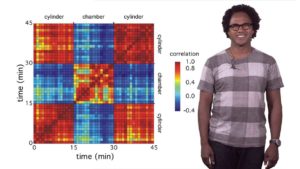
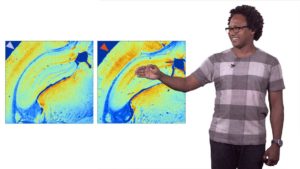
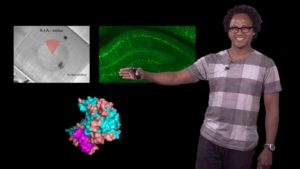
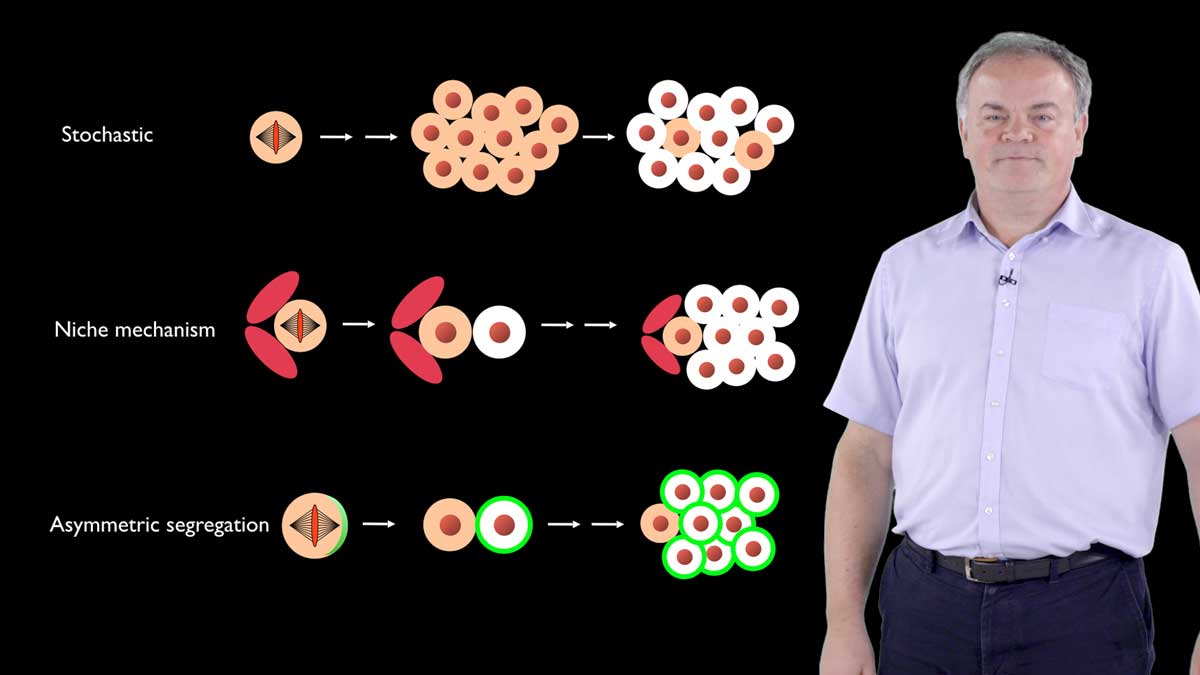
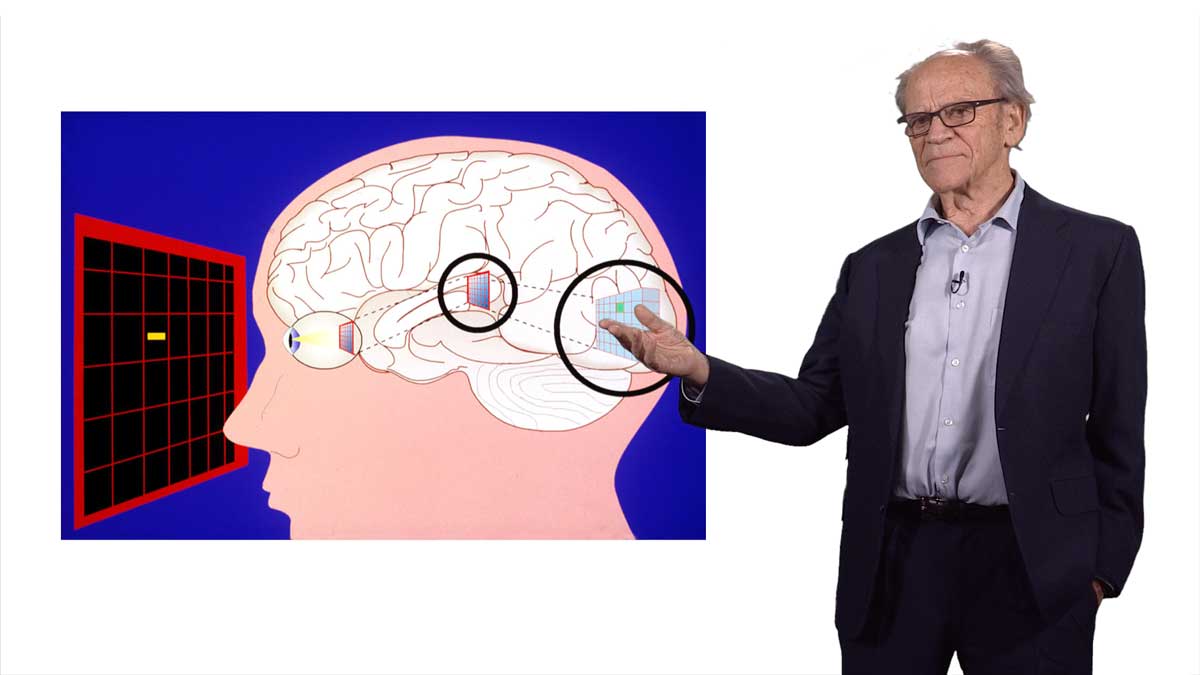







Davide Speziga says
Esteemed Dr. Fenton,
I would like to ask you, with reference to minute 26 of the first part of the video on “reconstructing memory”, if the two axes of the graph show the comparison of the same data set or two distinct data sets: according to the correlation that seems to be determined by two series of equal data.
Thank you for an answer and congratulations for the research; I have the opportunity to introduce them to my students at the cantonal high school in Bellinzona (Switzerland).
Regards,
Davide Speziga (biology teacher)